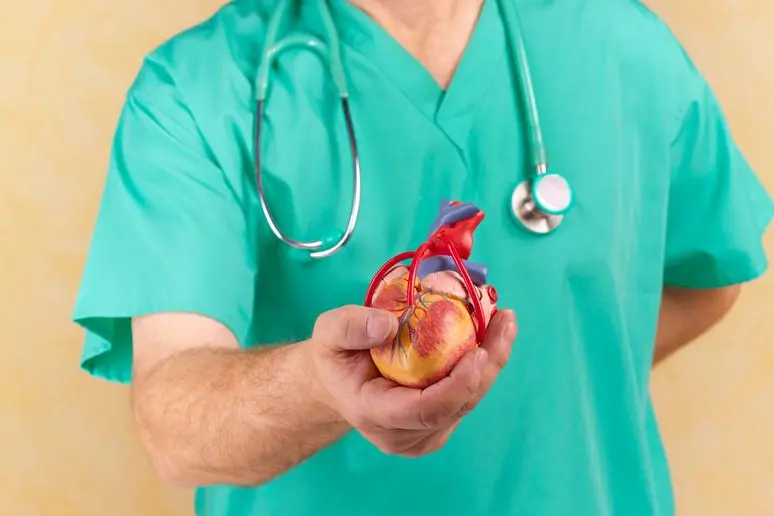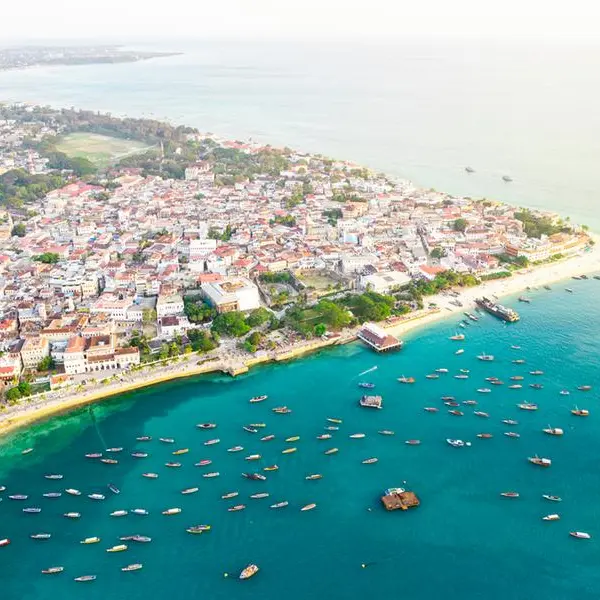PHOTO
Bahrain - Strict new rules have been introduced in Bahrain for the transfer, and transplantation, of human organs to health facilities permitted to carry out the procedure.
The executive by-laws for the 1998 Transfer and Transplantation of Human Organs Law issued by Health Minister Dr Jalila Al Sayyed have been published in the recent edition of the Official Gazette.
Buying and selling of human organs is strictly prohibited, and no donor should be paid in cash or kind, directly or indirectly, through family members, inheritors or any other beneficiary.
The doctor assigned to carry out the transplant should immediately stop the planned procedure after learning of any reward deal.The new by-laws replace former by-laws introduced in 2020 with a new national centralised committee being set up for the transfer and transplantation of human organs.
“The transfer and transplantation is prohibited unless permitted by the governing law, its by-laws or ministerial decisions,” said the new by-laws.“Any transfer and transplantation of organs that leads to a mixture in lineages is prohibited without exception.”
The transfer and transplantation of organs should be carried out only when authorised by the National Health Regulatory Authority (NHRA) following precise procedures issued by the minister.
“The minister, following a recommendation from the NHRA, issues a list of all authorised health establishments and facilities that fall within standards, while mentioning the organs they are authorised to deal with.”
The NHRA will have to carefully monitor these establishments to ensure they are in line with the given licence.“All health, technical, quality, preparedness and safety and security requirements have to be in line with given standards all the time.
“The NHRA will have the right to access all databases, profiles and records to validate procedures are in line with rules in a transparent approach.”
Under the new by-laws, the new centralised committee will come with the code of conduct and practice.“The committee will also recommend to the minister urgent action on any case that requires an immediate operation,” said the by-laws.
However, for any urgent operation, the organ will need to be checked for compatibility, tests completed to ensure that the donor or receiver won’t be affected, parties made aware of the procedures and consent, and that the report by the medical establishment is comprehensive from all aspects.
“The central committee has the power to form subcommittees per case, while calling up consultants, surgeons and other experts for opinion and help.“Within its mandate the committee will be presented with waiting lists and the sequence can’t be touched unless in case of an emergency.”
The committee will also be responsible to keep records of those who have rejected offering their organs to others when declared dead.“Any transfer is prohibited from anyone declared dead until proven they can’t be brought back to life through any tests,” said the by-laws.
“Harvesting of organs from unclaimed bodies is allowed, under the supervision of three doctors, after a thorough background check has made it difficult to identity the person who could have possibly signed a rejection earlier.“Should the donor be facing trouble living normally, then no agreement can be made.“Both the living donor and receiver should be alerted through two face-to-face sessions about the nature of the operation/operations verbally and in writing.“Electronic agreements between donors and receivers are accepted, but with two others being brought in as notified witnesses.”
Copyright 2022 Al Hilal Publishing and Marketing Group Provided by SyndiGate Media Inc. (Syndigate.info).




















